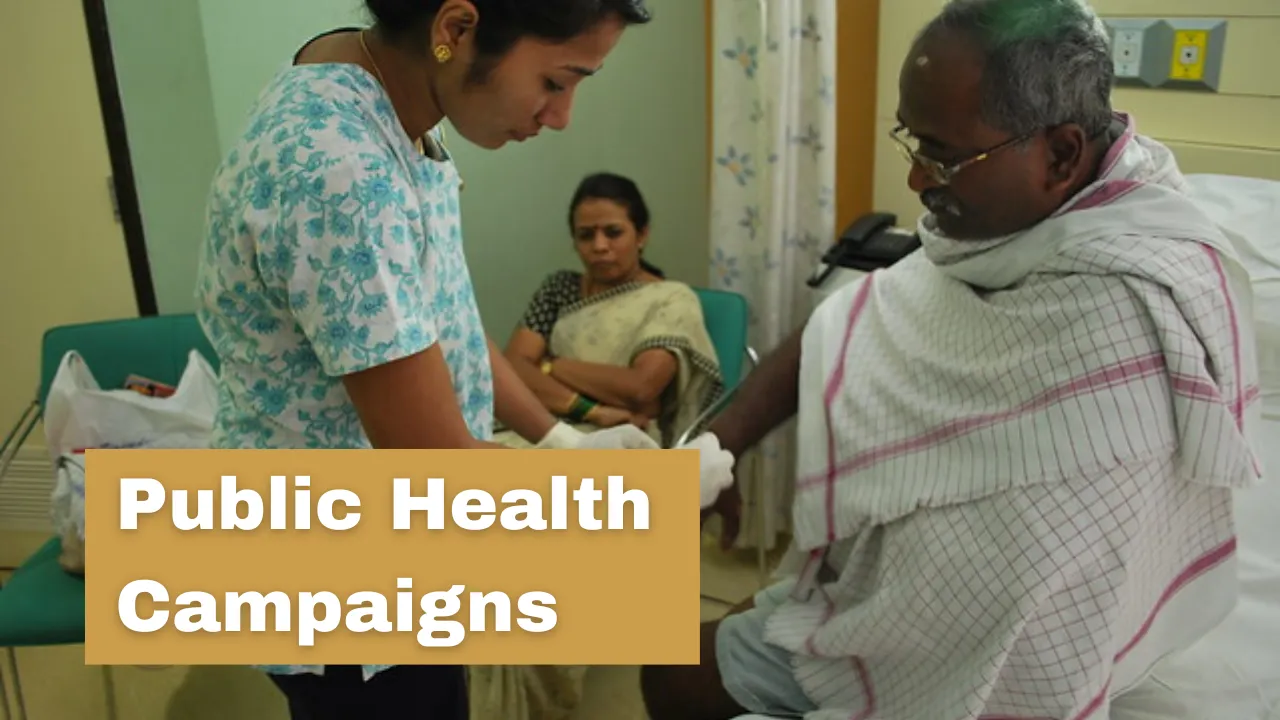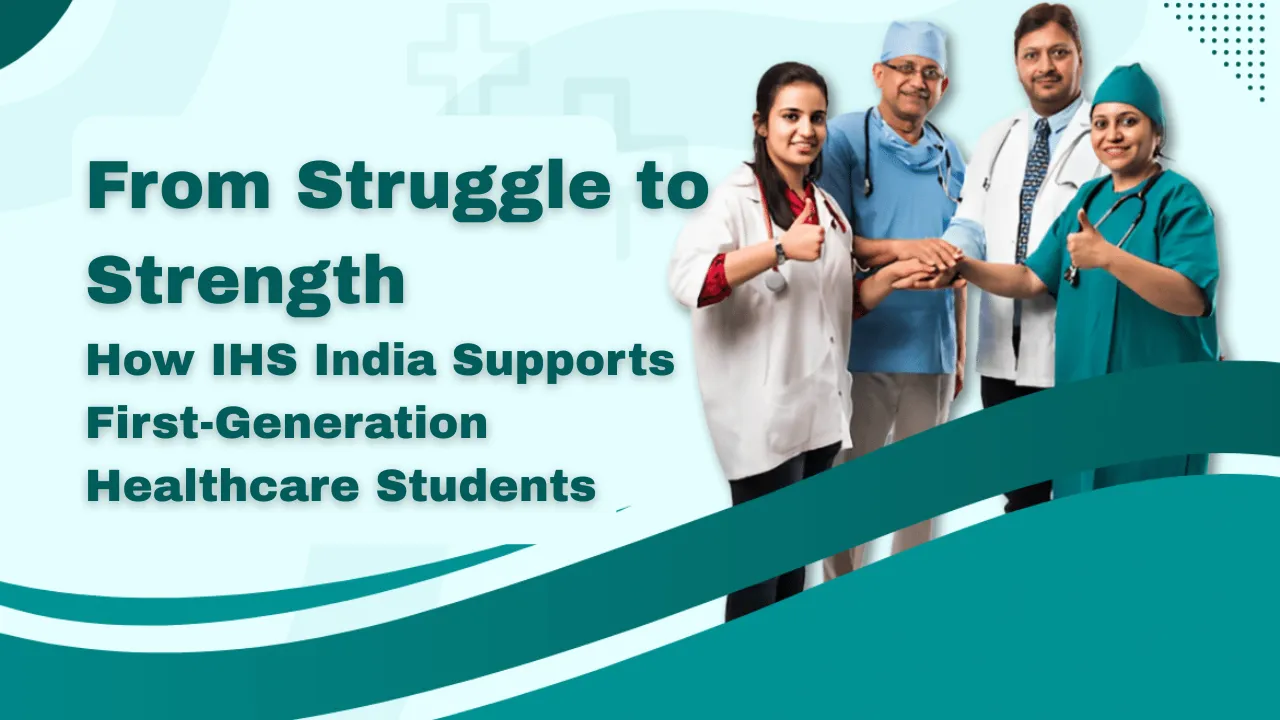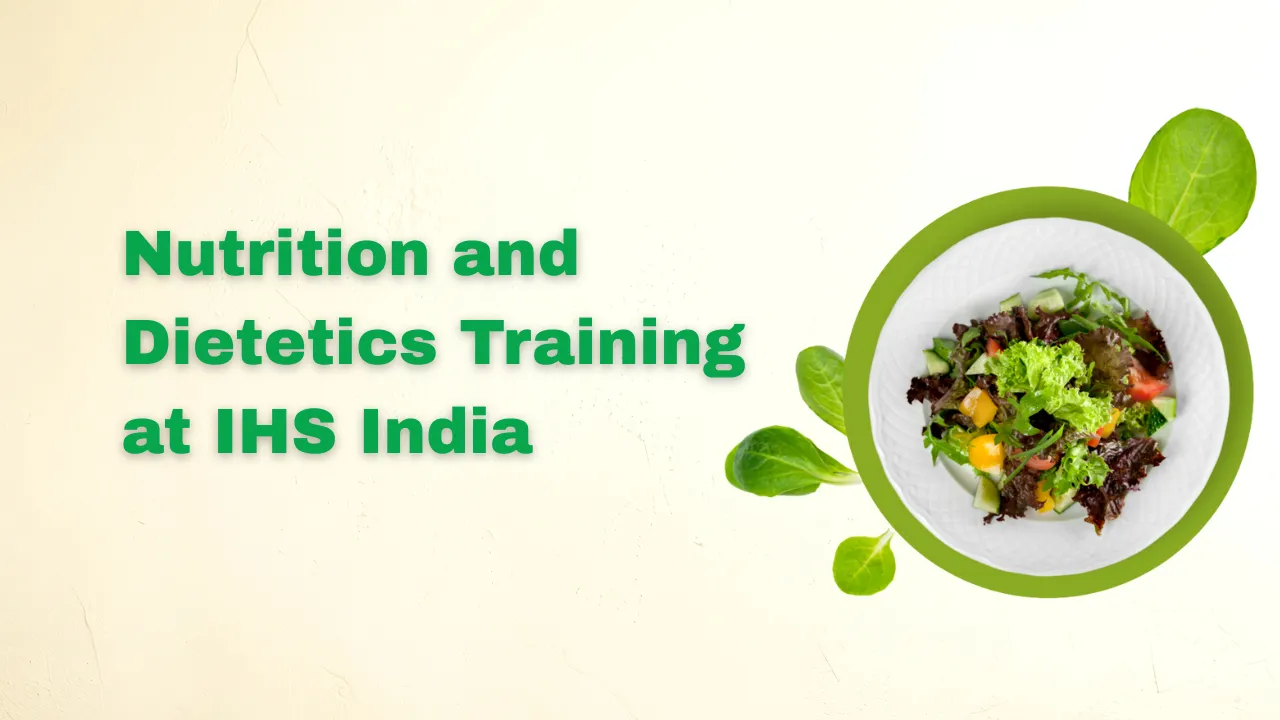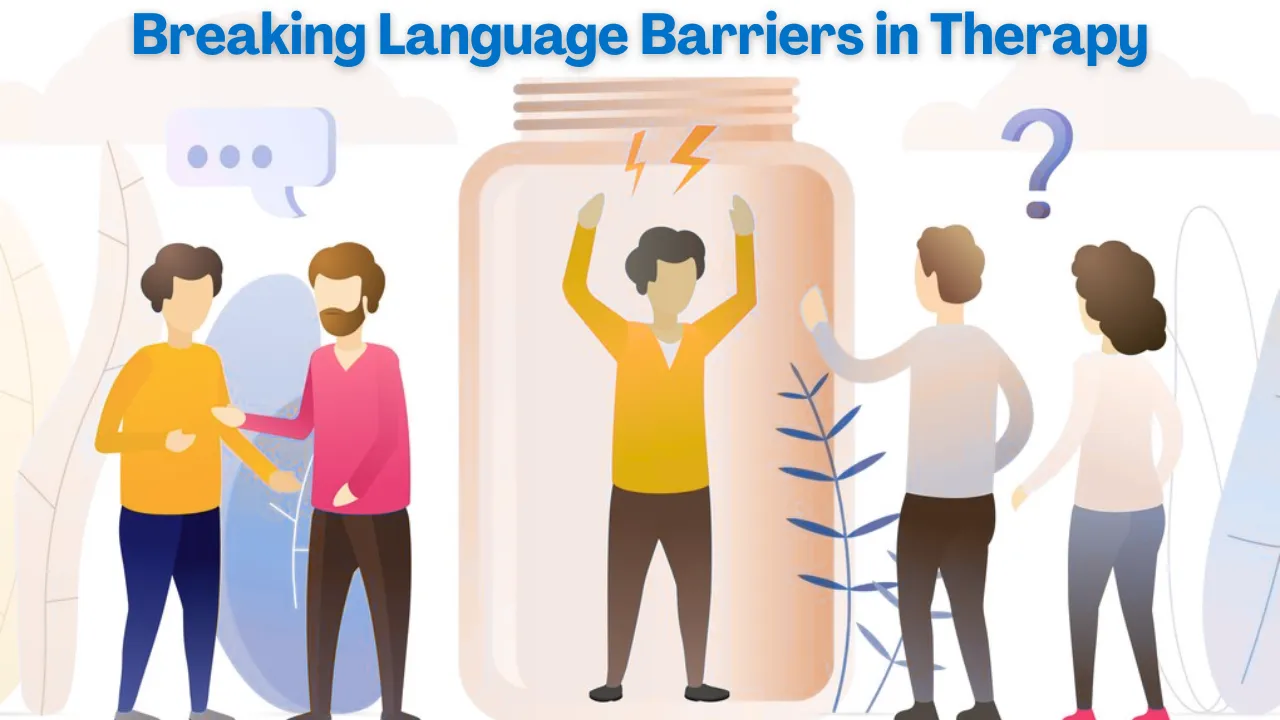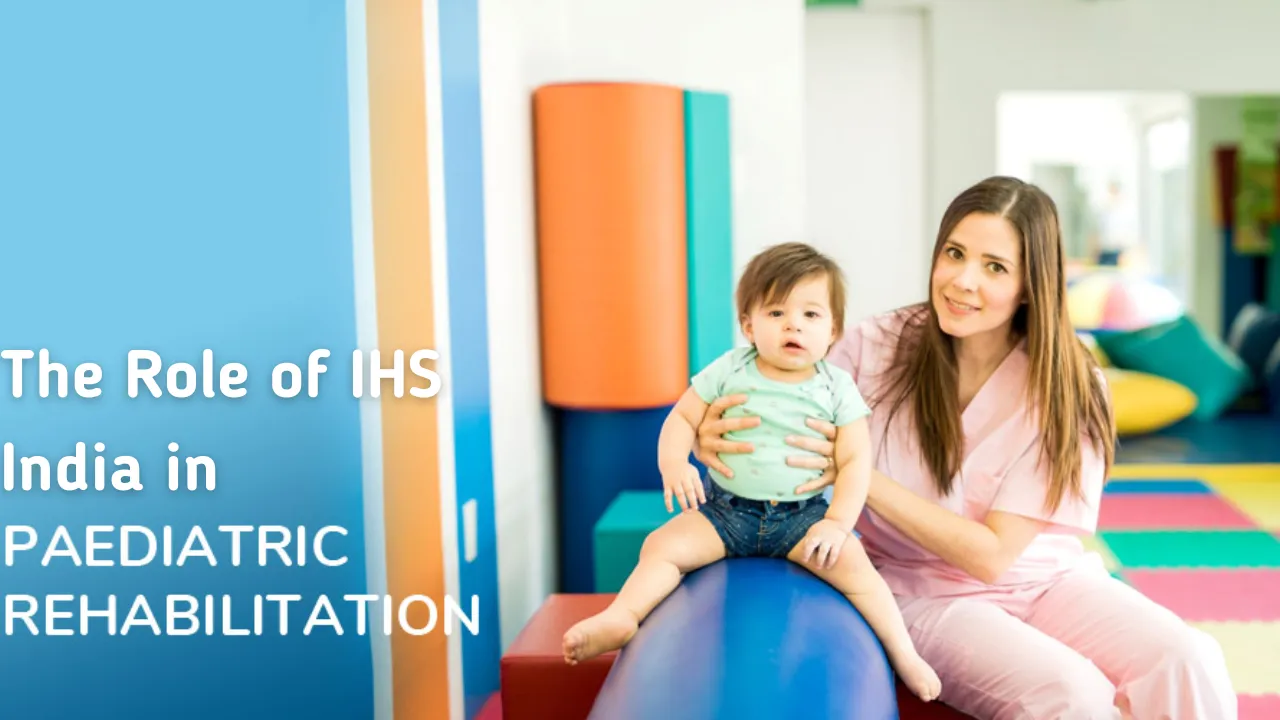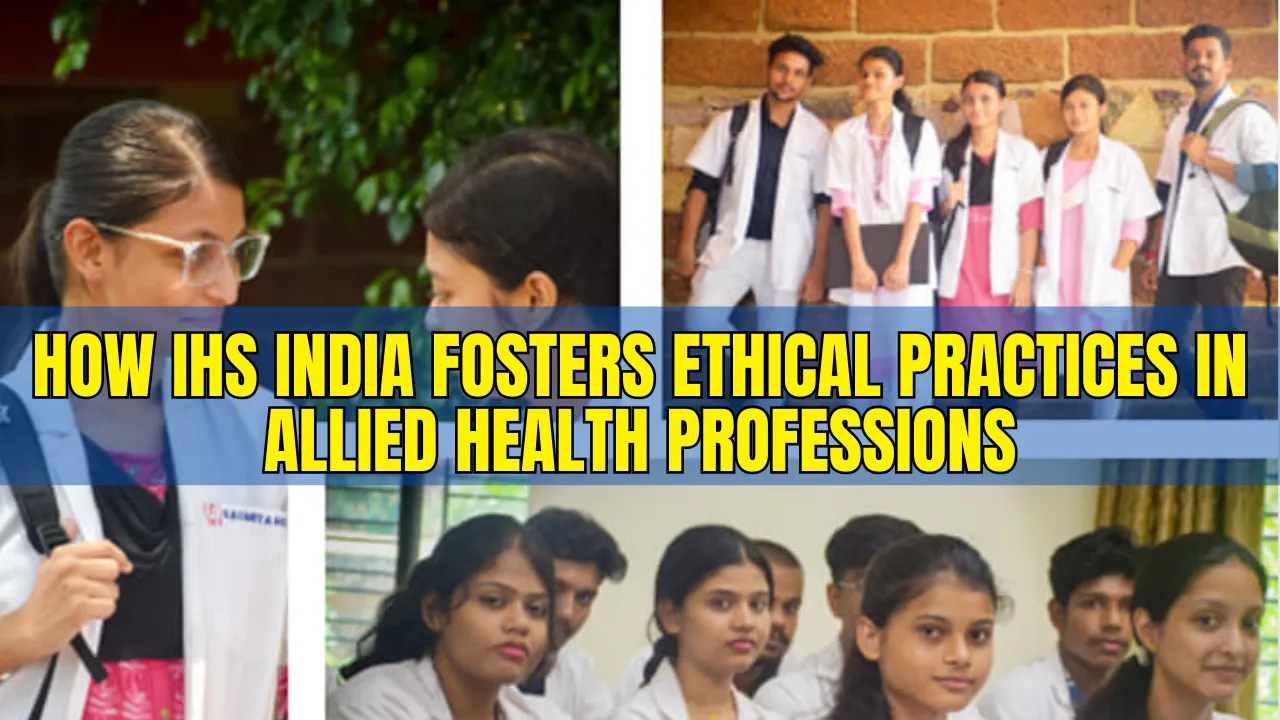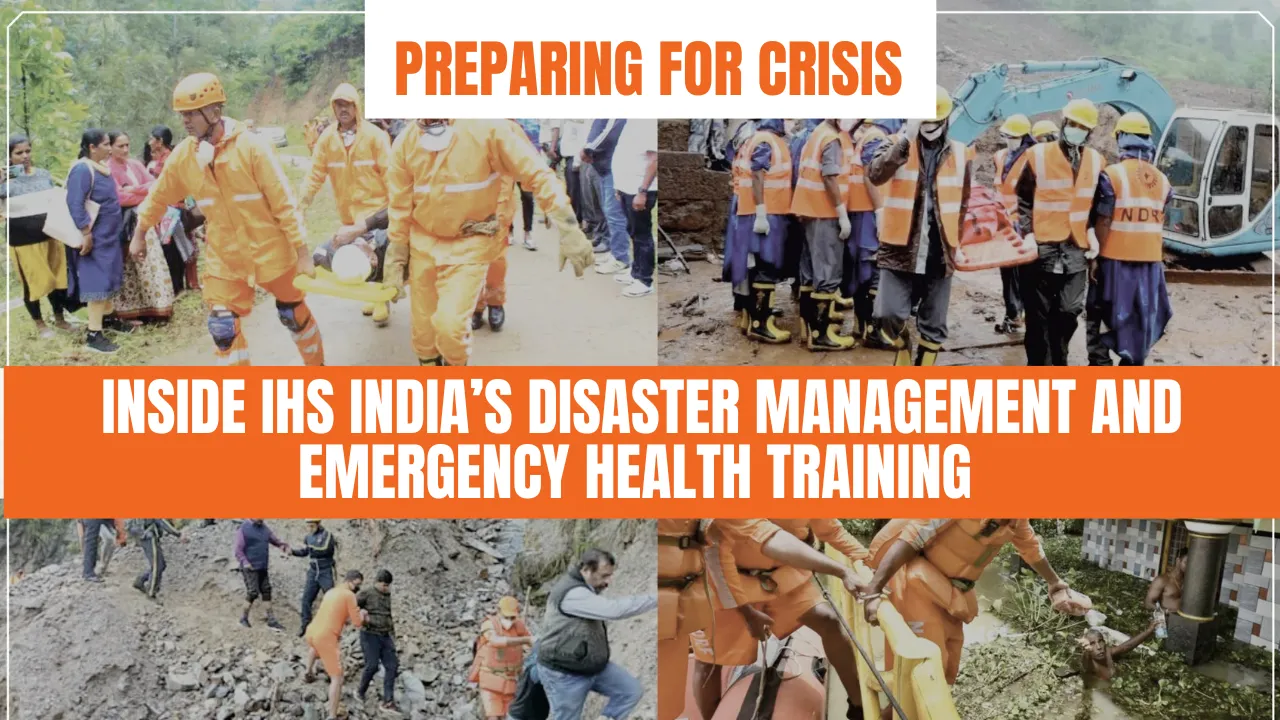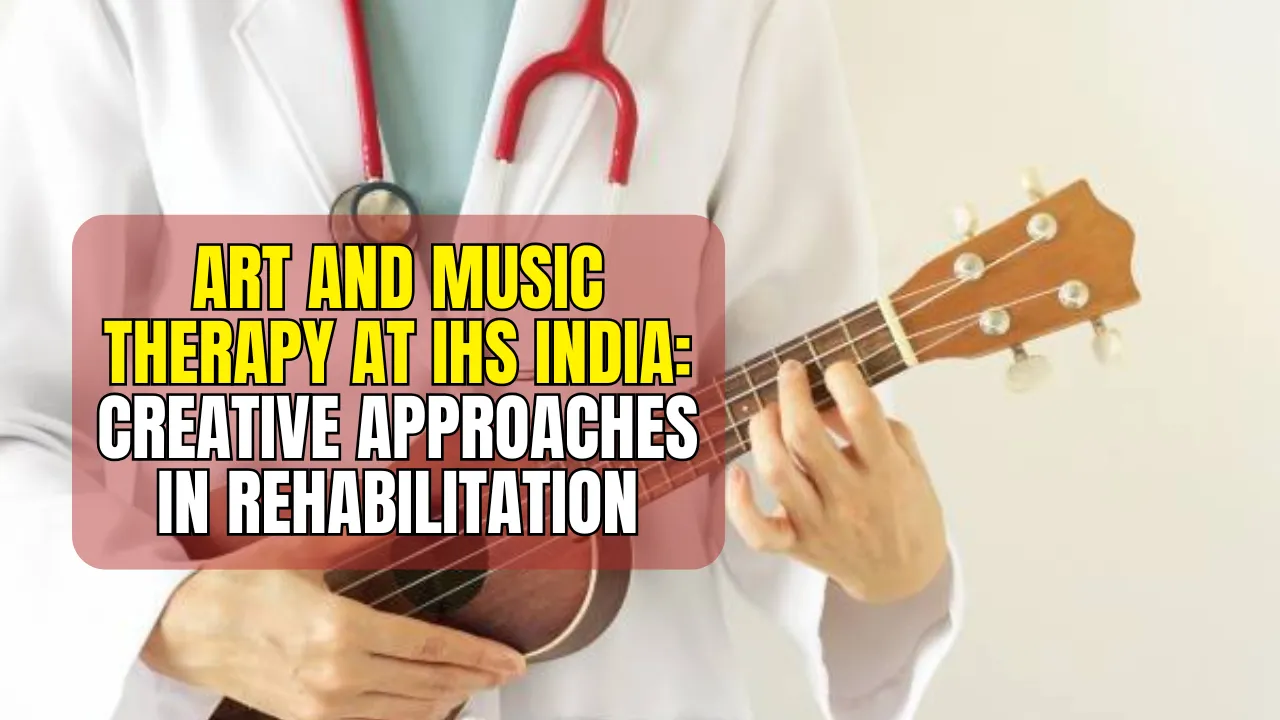Public Health Campaigns: Public Health Campaigns have always played a central role in shaping healthier societies, especially in developing nations where community-level interventions can have a profound impact. In India, students from IHS India are emerging as passionate advocates of change, directly engaging with real-world health concerns through thoughtfully designed campaigns. Their work showcases a powerful blend of academic knowledge and hands-on leadership, proving that change often begins at the grassroots.
This article explores how IHS India students are making a real difference in public health. From sanitation awareness to mental health outreach, their campaigns reflect both innovation and empathy. You’ll learn about their strategies, challenges, and the larger impact of their efforts, offering insight into how young leaders are reshaping community health narratives across diverse regions.
Public Health Campaigns
Public Health Campaigns serve as a bridge between healthcare systems and the communities they aim to support. At IHS India, students are not just learning theories but are applying their education in practical settings to solve pressing public health challenges. Through campaigns targeting hygiene, nutrition, disease prevention, and mental health, they create pathways for awareness and action. Their initiatives foster collaboration, raise awareness, and drive behavioral change at the community level, making their efforts not only educational but transformational.
Overview of Student-Led Public Health Campaigns at IHS India
| Aspect | Details |
| Campaign Themes | Hygiene, vaccination, mental health, nutrition, disease prevention |
| Approach | Community-based, data-driven, participatory |
| Tools Used | Posters, social media, apps, interactive workshops |
| Collaborations | NGOs, local government, schools, health workers |
| Impact | Improved awareness, behavioral shifts, community engagement |
Impact of Student-Led Public Health Campaigns
When students from IHS India step into communities, they don’t just talk—they listen, understand, and act. Their Public Health Campaigns are tailored to local needs, ensuring that the solutions are relevant and effective. These initiatives have improved hygiene habits, boosted vaccination rates, and brought mental health discussions into public spaces where such conversations were once taboo.
One of the most important outcomes of these efforts is trust. By continuously showing up and following through, students build meaningful relationships with residents. This not only leads to successful campaigns but also creates a long-term foundation for healthier communities. Their involvement also ensures that public health becomes a shared responsibility, rather than a top-down instruction.
Key Campaign Themes Led by IHS Students
Students at IHS India have launched various Public Health Campaigns focused on the most urgent and neglected health issues in both urban and rural settings. These are not generic, one-size-fits-all projects. Instead, they are developed after analyzing specific community needs and are executed using culturally sensitive and accessible methods.
- Sanitation and Hygiene Awareness
Lack of sanitation is still a root cause of several preventable diseases. Students have organized drives that teach children and families about handwashing techniques, menstrual hygiene, and clean cooking practices. These sessions are made engaging through interactive games and visual demonstrations. - Vaccination and Disease Prevention
During the COVID-19 pandemic and afterward, students worked to counter misinformation around vaccines. Through local partnerships, they organized vaccine awareness drives, encouraging participation by breaking down fears and correcting myths. - Mental Health Awareness
Recognizing that mental well-being is often overlooked, students have introduced workshops that tackle stress, depression, and emotional health. These programs are delivered with empathy, using relatable stories and peer support systems. - Nutrition and Lifestyle Education
Malnutrition is still a widespread issue, especially among children and pregnant women. Students have addressed this through dietary education, cooking demos, and information about locally available nutritious foods.
Community Involvement and Collaboration
A defining strength of these Public Health Campaigns is how they foster collaboration. IHS students do not operate in isolation. They form teams with local health officials, school teachers, and community leaders. This not only helps them gain deeper insight into community dynamics but also ensures broader acceptance and participation in their campaigns.
For example, before a campaign begins, students conduct surveys or host informal discussions to learn what issues matter most to the people. This participatory planning ensures that the solutions are grounded in reality. Additionally, their openness to feedback helps in continuously improving their methods, making each campaign stronger than the last.
Use of Technology in Campaigns
Technology is now an integral part of effective Public Health Campaigns. IHS India students use digital tools to expand their reach and measure their impact. From health-awareness videos shared on WhatsApp to mobile-friendly infographics in local languages, the use of tech ensures their message is both accessible and engaging.
Students also rely on survey tools and data collection apps to track campaign effectiveness. These insights help them adjust strategies in real-time and demonstrate results to stakeholders. It’s a smart blend of tradition and modernity—where field visits are supported by digital outreach.
Two Notable Campaigns Initiated by IHS Students
- “Clean Hands, Healthy Lives”
This was a hygiene-focused initiative carried out in underserved schools and urban slums. The campaign reached over 1,000 children, with students conducting live demos on handwashing, providing kits, and organizing fun quizzes to reinforce the lessons. - “Mind Matters”
A mental health campaign aimed at college students and teenagers. It offered counseling sessions, emotional first-aid workshops, and anonymous feedback channels. It encouraged young individuals to speak up and seek help without shame.
Challenges Faced and How They Were Overcome
Running impactful Public Health Campaigns isn’t easy. Students face several hurdles—ranging from budget constraints to skepticism from locals. Language barriers can make communication tricky, while misinformation can slow down participation.
Yet, IHS India students tackle these issues through smart planning and compassion. They simplify their messages, use local dialects, and bring in respected community figures to help build trust. When budgets are tight, they adapt by using low-cost materials and relying on volunteer networks. Their ability to adjust and stay committed is what keeps their campaigns effective.
Learning Outcomes for Students
The benefits of these campaigns extend far beyond the community. For the students, these experiences are invaluable. They learn how to lead, adapt, and communicate in challenging environments. Working on these projects also strengthens their ability to collect and analyze data, plan logistics, and work as a team.
Most importantly, they learn empathy. Engaging face-to-face with people who struggle with basic healthcare issues helps them understand the real meaning of public health—and inspires many to continue this work long after graduation.
FAQs
What are public health campaigns, and why are they important?
They are organized efforts to spread health-related awareness and improve community behaviors. They help prevent disease, promote well-being, and build healthier societies.
What makes student-led campaigns different from others?
Students bring energy, creativity, and a direct connection with the youth. Their fresh approach often leads to better engagement and faster results.
What topics do IHS India students focus on?
Their campaigns cover hygiene, mental health, vaccination, nutrition, and lifestyle awareness, all tailored to specific community needs.
How are communities involved in these campaigns?
Community members help identify problems, participate in planning, and play active roles during implementation, making the efforts more effective.
Do these campaigns have lasting impact?
Yes, especially when followed up with consistent education and local partnerships. Many behavioral changes started during campaigns become long-term practices.
Final Thought
The Public Health Campaigns initiated by IHS India students are powerful examples of what can happen when knowledge meets compassion. These young changemakers are not waiting for perfect conditions—they are stepping up, taking action, and transforming lives in the process. Their campaigns are not only improving health literacy but also building a generation of responsible, informed leaders.
If you’re inspired by their work, consider supporting local campaigns in your area or learning how you can participate. And don’t forget to share this article or drop your thoughts in the comments—because real change always starts with a conversation.
